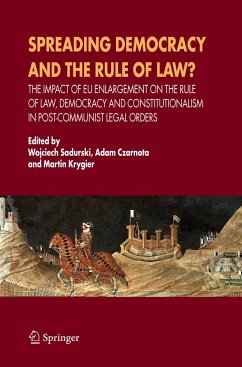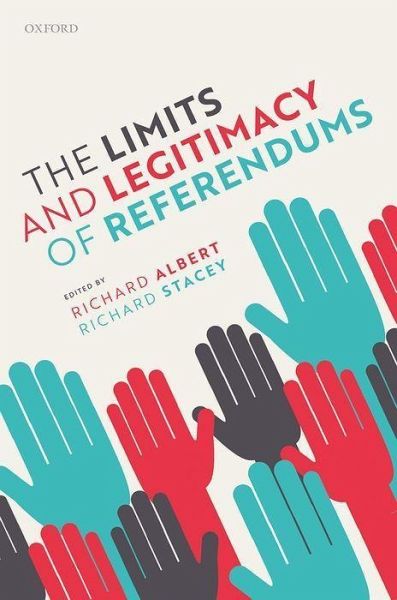
Gebundenes Buch
The Limits and Legitimacy of Referendums
Versandkostenfrei!
Versandfertig in über 4 Wochen

PAYBACK Punkte
61 °P sammeln!




The Limits and Legitimacy of Referendums brings together diverse perspectives on referendums, constitutionalism, liberalism, and democracy in ways that challenge the conventional wisdom, prompt new answers to enduring questions, and urge reconsideration of how we evaluate the legitimacy of referendums.
Richard Albert is the William Stamps Farish Professor in Law, Professor of Government, and Director of Constitutional Studies at the University of Texas at Austin. A scholar of constitutional law and democratic reform, he has published over 20 books, including Constitutional Amendments: Making, Breaking, and Changing Constitutions (Oxford University Press 2019). He is Co-President of the International Society of Public Law, a former law clerk to the Chief Justice of Canada, and he holds law and political science degrees from Yale, Oxford, and Harvard. Richard Stacey is an Associate Professor at the University of Toronto Faculty of Law. A legal theorist trained in comparative and social science methods, his work explores how public law frames the relationship between people and their governments. He is a graduate of the University of the Witwatersand in South Africa and New York University in the United States, and served as law clerk to Justices Catherine O'Regan and Bess Nkabinde at the South African Constitutional Court.
Produktdetails
- Verlag: Oxford University Press
- Seitenzahl: 320
- Erscheinungstermin: 31. Oktober 2022
- Englisch
- Abmessung: 242mm x 163mm x 22mm
- Gewicht: 630g
- ISBN-13: 9780198867647
- ISBN-10: 0198867646
- Artikelnr.: 66115505
Herstellerkennzeichnung
Libri GmbH
Europaallee 1
36244 Bad Hersfeld
gpsr@libri.de
Für dieses Produkt wurde noch keine Bewertung abgegeben. Wir würden uns sehr freuen, wenn du die erste Bewertung schreibst!
Eine Bewertung schreiben
Eine Bewertung schreiben
Andere Kunden interessierten sich für


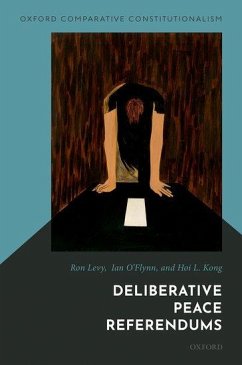
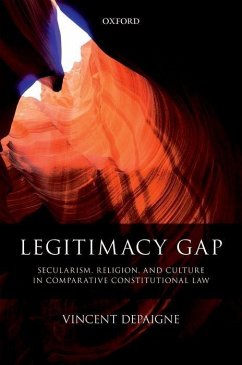
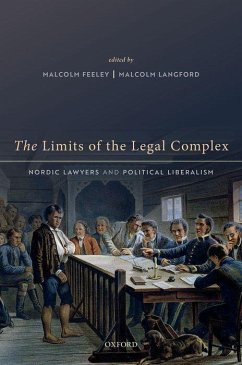
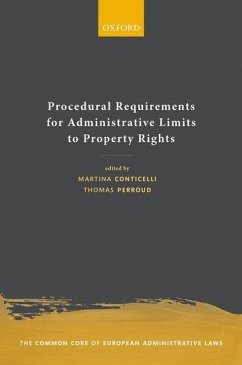
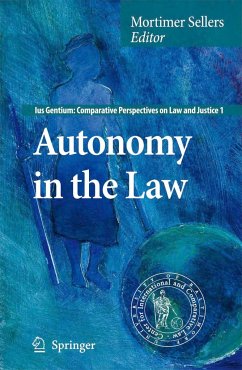
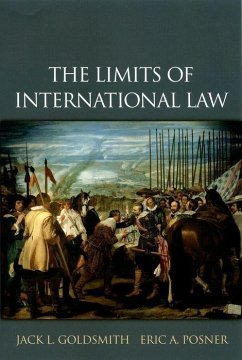
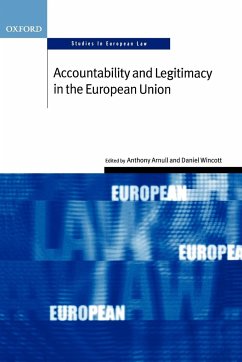
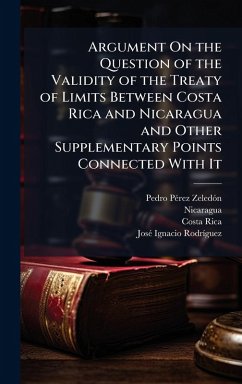
![Legitimacy the Only Salvation for Spain [By W. Walton] Cover Legitimacy the Only Salvation for Spain [By W. Walton]](https://bilder.buecher.de/produkte/64/64952/64952135n.jpg)
